Rahul Gandhi Expose Election Commission “Voter Fraud” Using “Hydrogen Bomb” Evidence, Accuses Election Body of Complicity New Delhi | September 18, 2025
In a high-voltage press conference held in the national capital today, a prominent opposition leader unveiled what he described as a “hydrogen bomb” of evidence related to alleged large-scale voter fraud during the 2024 Lok Sabha elections. He accused the ruling party and the national election authority of systematically manipulating electoral rolls using software-based methods to delete genuine voters and create duplicates.
This event is seen as a continuation of his recent campaign focused on voter rights and transparency ahead of the upcoming Bihar assembly elections.
Key Allegations Made
During a detailed presentation, which included data charts and testimonies, the opposition leader made several serious allegations:
-
Mass Deletion of Voters: In one assembly segment of Karnataka alone, over 100,000 names were allegedly deleted. In another region, thousands of elderly voters, many aged 70+, reportedly found their names missing just before the election. Local investigative bodies are said to be probing some of these cases.
-
Software-Based Manipulation: Visual evidence was presented to show anomalies such as 80 voters registered under a single address or senior citizens appearing as “first-time voters.” According to the leader, these are signs of a broader pattern spanning multiple states, including Maharashtra and Bihar.
-
Election Authority Complicity: He accused senior officials of the national election authority of “shielding those sabotaging democracy,” and claimed the voter deletions were not administrative errors but “deliberate acts.”
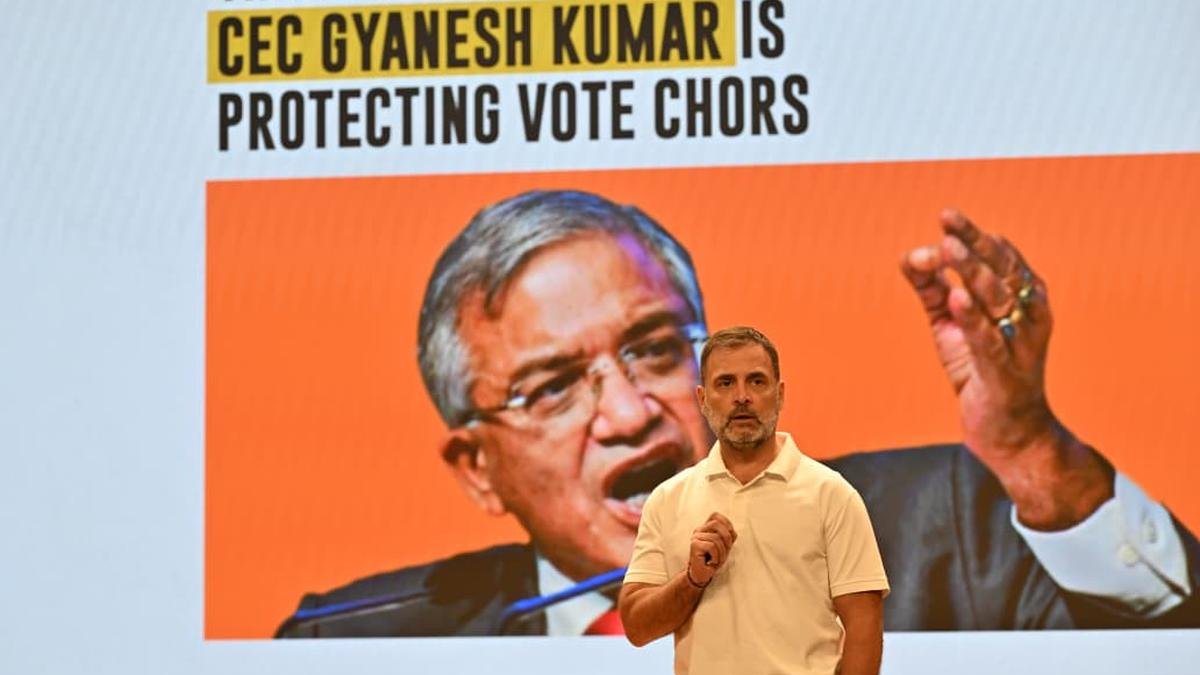
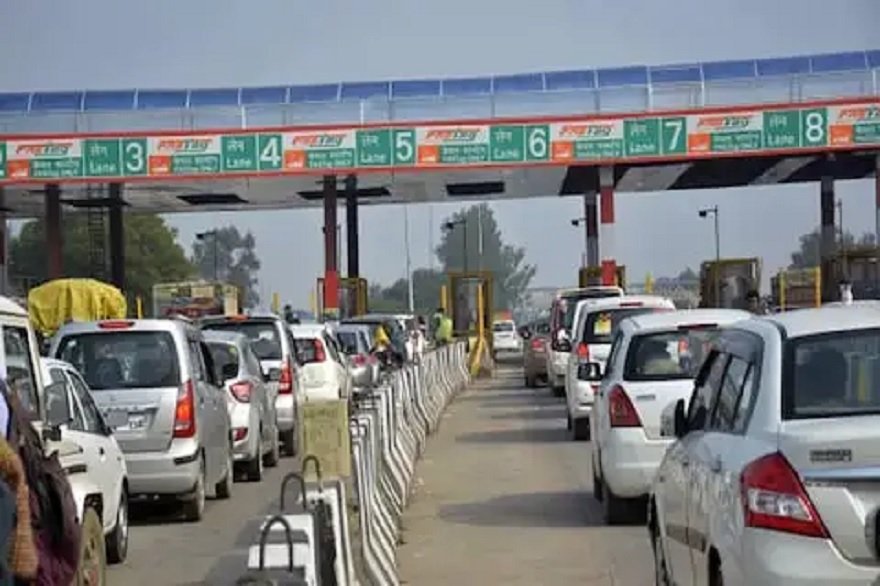

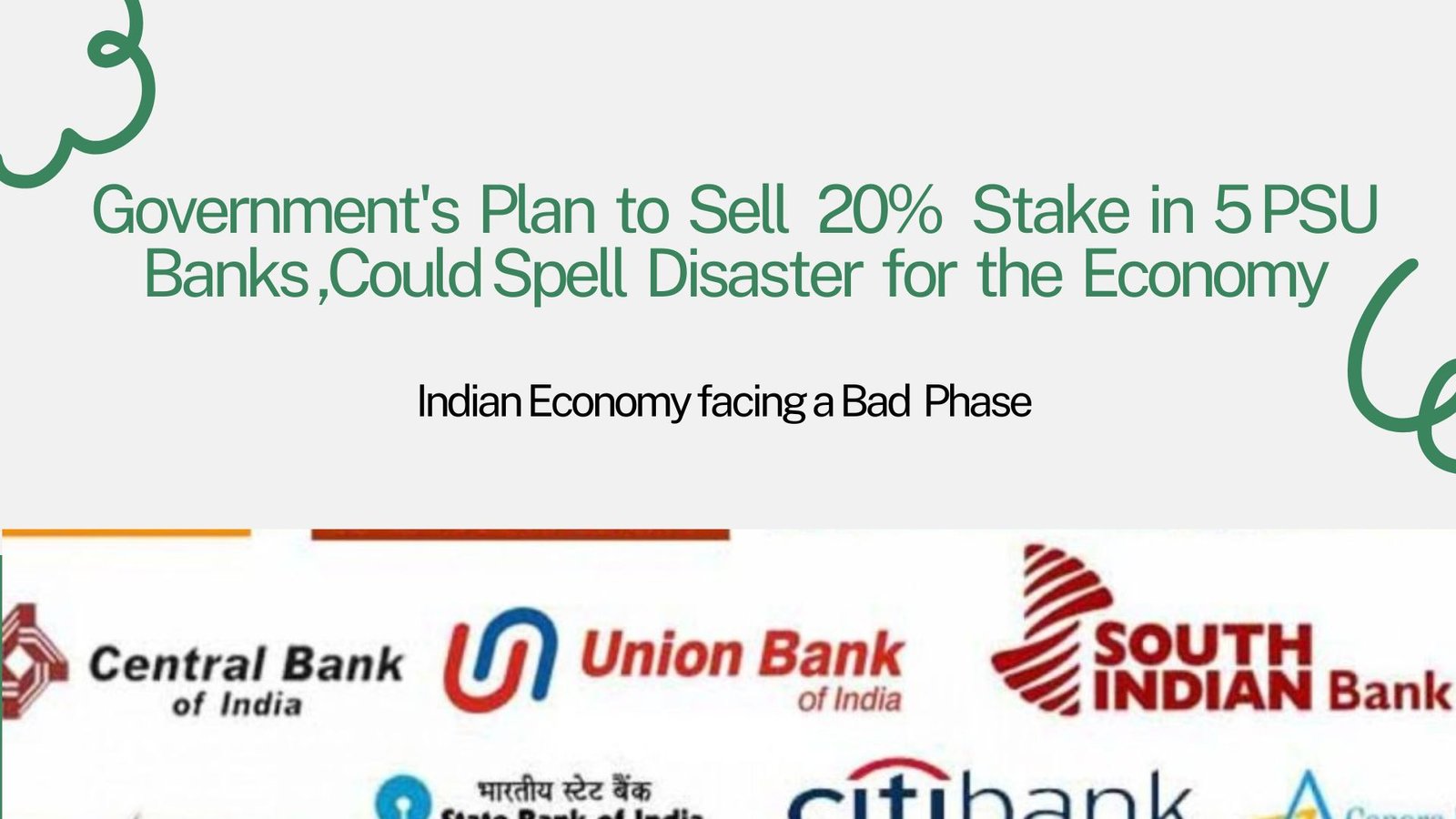
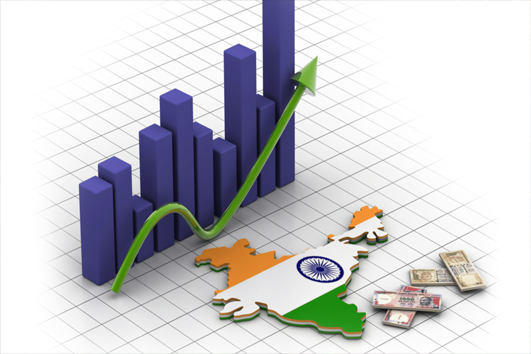
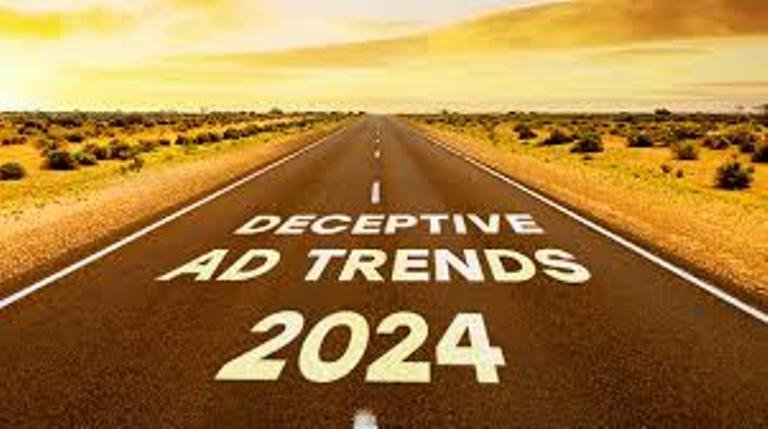
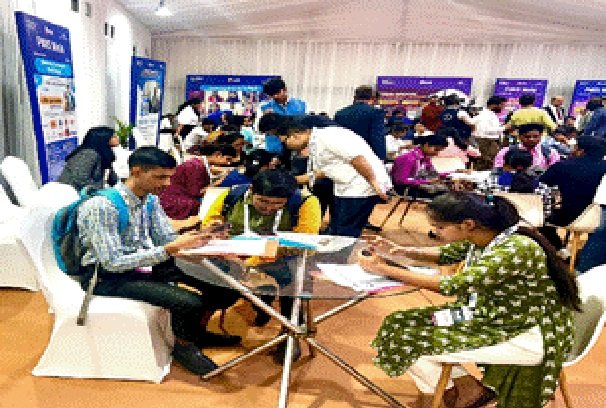
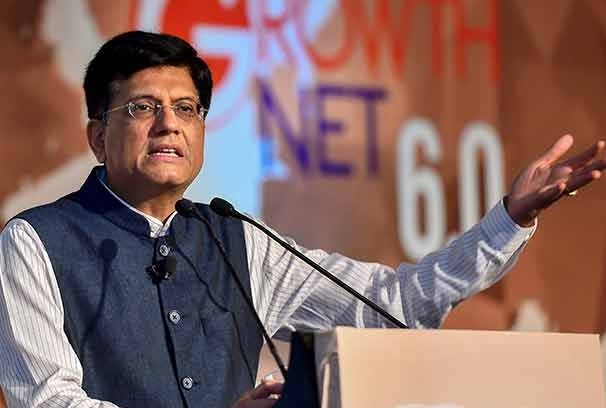


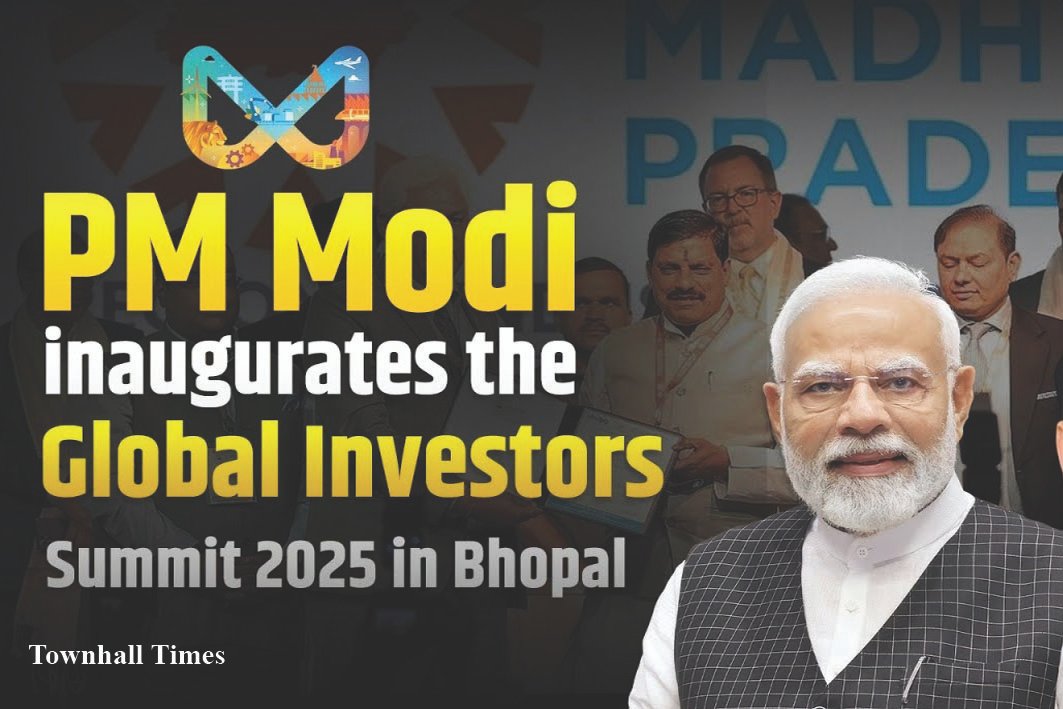
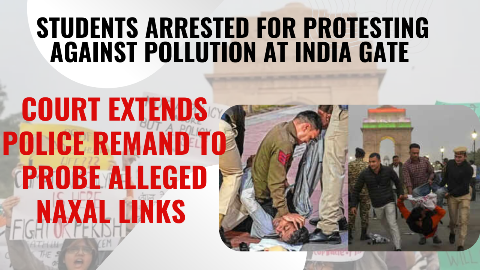

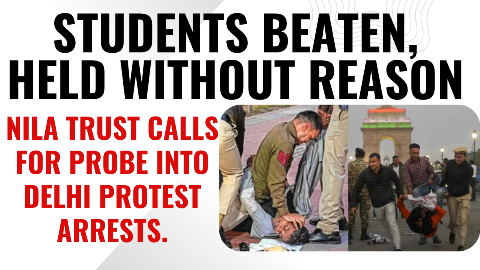

Leave a Reply